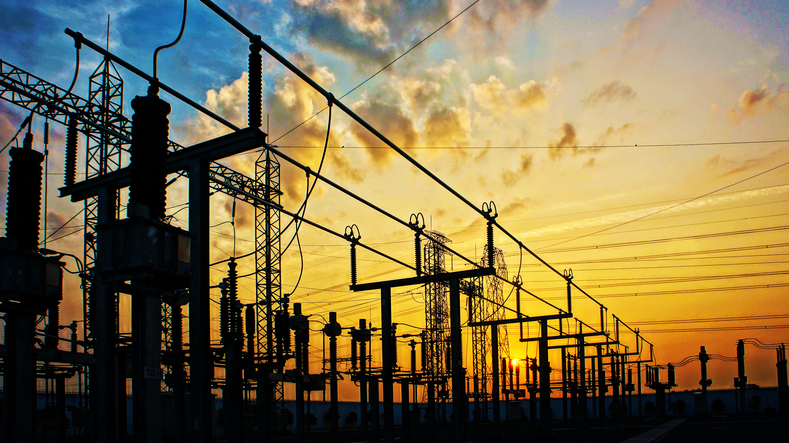The relationship between decarbonisation and energy security is “far from straightforward” and demand reduction strategies will be key to ensuring a stable energy system, the UK Energy Research Council has warned.
Set against the backdrop of required decarbonisation of the power system and recent stresses on the UK’s gas system caused by weather events, the report, entitled ‘The Security of UK Energy Futures’, has sought to explore and debunk myths surrounding energy security and decarbonisation, examining how energy security risks look set to change over time.
The ERC compiled six energy scenarios designed to reflect the range of possibilities relating to the energy market between now and 2050. These scenarios, dubbed Energy Island; Slow Decarbonisation; Low Carbon; Low Carbon (no CCS); Low Carbon (no bioenergy or CCS), and Technology Optimism, were then assessed against criteria covering aspects such as reliability, availability, affordability and sustainability.
That assessment led to three main conclusion;
- There is an important role for energy efficiency and demand reduction across all energy security strategies.
- The relationship between decarbonisation and energy security is far from straightforward, with the different scenarios presented by the ERC representing different paths. While ‘Technology Optimism’ sees climate targets met via technological change, decentralisation and demand reduction, ‘Energy Island’ forecasts a radical shift towards domestic energy resources and a renewed role for coal, resulting in a stalling of climate change mitigation.
- Significant risks to energy security can be mitigated and system reliability improved by investments in flexibility, particularly in demand side response and gas storage.
The ERC said that when taken together, the three conclusions point towards possible priorities for the government to consider to ensure the energy system’s resilience.
It added that greater emphasis could be placed on energy efficiency and other measures to improve grid diversity and flexibility, including storage, demand side response and interconnectors with other nations. However the latter could be made complicated by the country’s future relationship with the European Union which remains very much up for discussion.
Ioanna Ketsopoulou, one of the ERC researchers to have contributed to the report, said: “Energy security is becoming increasingly more topical; with ongoing discussions around Brexit, gas shortages and geopolitical tensions, the findings of this report are particularly timely.”
Imperial College London’s Goran Strbac meanwhile talked up the role of specific technologies in “significantly” enhancing system security.
“This analysis demonstrates that gas and electricity system security can be significantly enhanced not only by investment in conventional supply resources, but also by improving system flexibility through demand side response, gas storage and interconnection, which is also important for facilitating cost effective decarbonisation,” he said.
Strbac did, however, add that achieving this aim would require changes in regulation and market rules.





